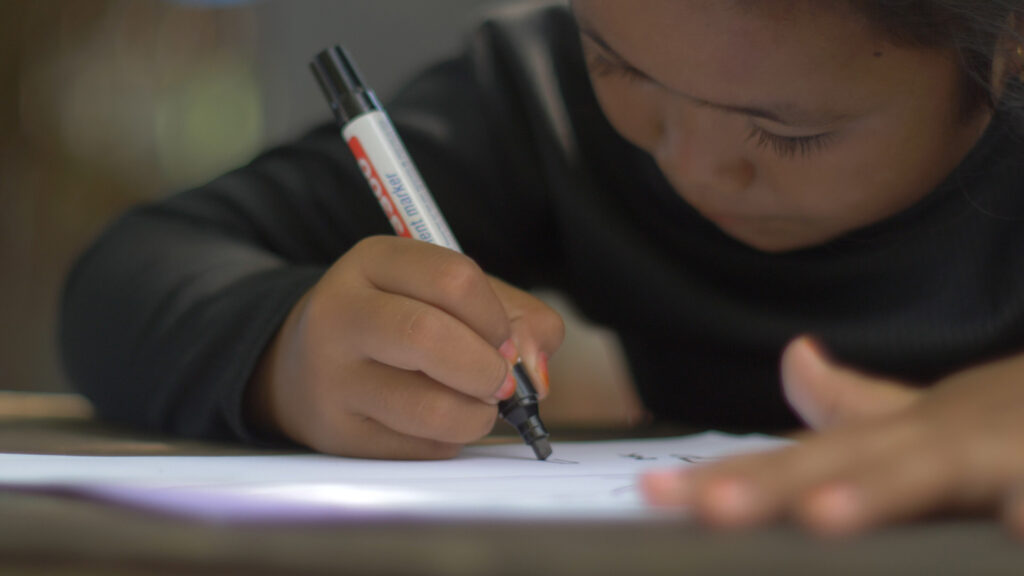We started the B Corp process in 2019 when we celebrated our 10-year anniversary. We wanted to ensure that we continued to grow and scale our business, but in a responsible way.”
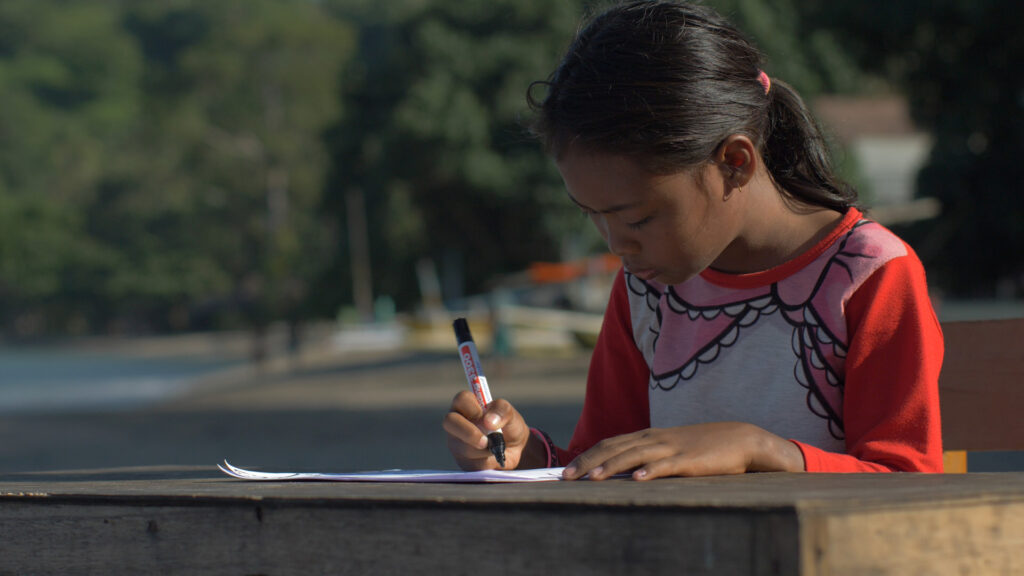
When WeTransfer got its B-Corp certification in 2020, it knew it would have to find new ways to make more impact.
“We started the B Corp process in 2019 when we celebrated our 10th anniversary,” says Lina Ruiz, head of social responsibility. “We wanted to ensure that we continued to grow and scale our business, but in a responsible way.”
Donating 30% of its advertising space to creative and social causes since 2009, WeTransfer has always felt strongly about helping “creative people from around the world to be able to find the tools they need to be more creative and to share their ideas,” says Lina.
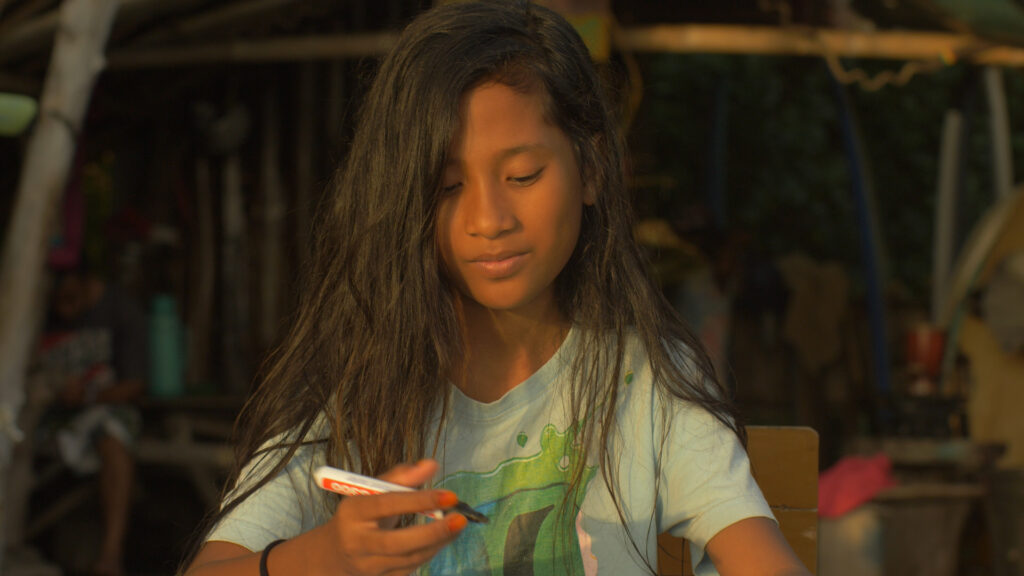
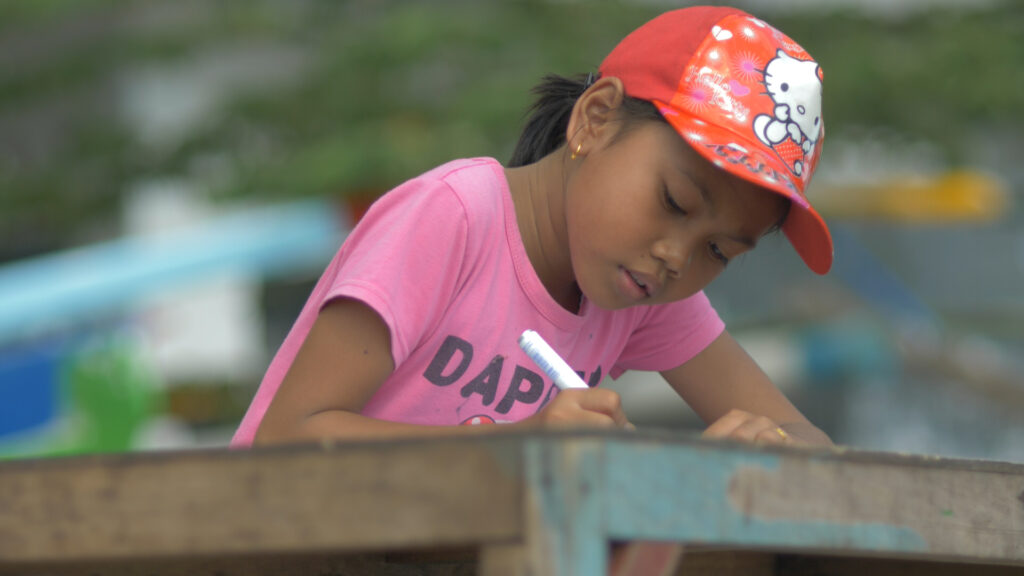
The B Corp certification looks holistically at a business’s social-environmental impact to ensure they’re meeting the highest standards, which is exactly retransfer’s aim.
As part of the certification, a business has to make progress toward higher standards every three years.
As part of reaching that goal, WeTransfer looked at employee engagement.
Employees already had two and a half days a year that they could take for volunteer projects. “We looked into that and asked, how can we make it better?” says Lina.
Credit: FaceThis and WeTransfer. T-shirts sold as part of the campaign.
“Our employees are very engaged in making an impact”
“Our employees are very engaged in making an impact,” she adds. “But sometimes they needed to find the best tools. I think our role is to facilitate that for them.”
That’s how WeTransfer came to Charity Miles.
At the time, WeTransfer was working with Face This, an NGO that works with creatives to raise awareness about different causes. Through a partnership that benefitted both creative professionals and school children in need, WeTransfer helped to sell more than 260 t-shirts made by creatives, with the funds from the sales going to help build a computer studio for a school in Indonesia.
“We were doing that with our users and creative community,” says Lina. “So it only felt natural to mirror it internally. One of our missions is that everything we say we’re going to do outside applies inside as well, and vice-versa. It helps us build unity.”
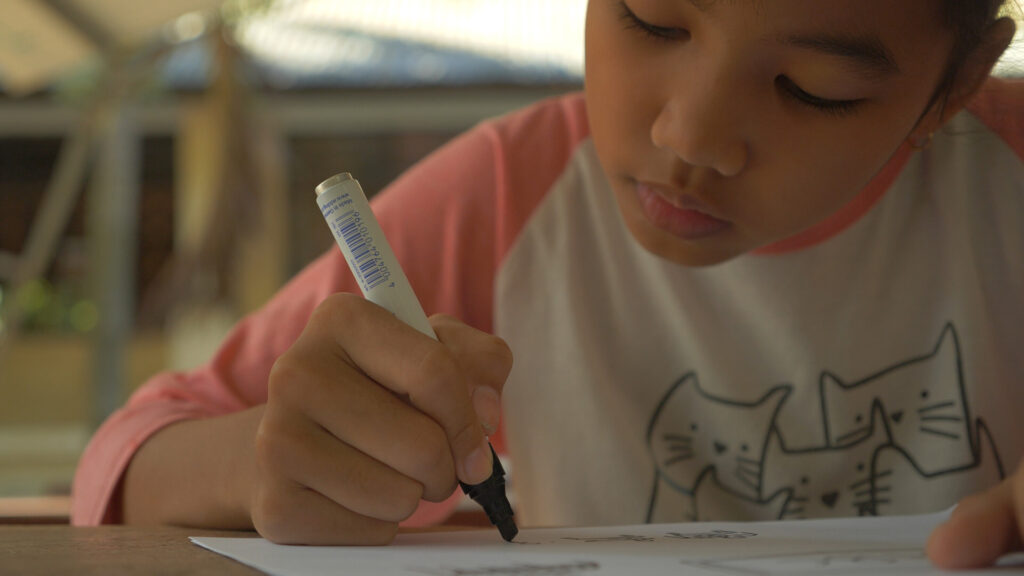
“We found that Charity Miles was the best way to mobilize our talent because it's easy to join in.”
“We found that Charity Miles was the best way to mobilize our talent because it’s easy to join in,” Lina continues. “It doesn’t require much effort. Employees can just open the app, and then dance, walk, bike, do any type of exercise to contribute in their way.”
In September 2021, employees raised 2,500 euros. WeTransfer doubled their donation.
WeTransfer had begun supporting Face This because the creative community is central to WeTransfer’s mission.
“But as a business that is passionate about building good software and encouraging computer literacy, it was also very motivating to see how our impact helped to build a new computer room for the kids,” says Lina. “It’s one of those lovely projects where our ambition was to support the creative community, but then we ended up supporting kids with a cause close to our hearts as well.”
Credit: FaceThis and WeTransfer
Employees enjoyed the initiative. Lina thinks it was successful because WeTransfer created a campaign around the challenge, and integrated the whole initiative into their company values and business. For example, Face This and WeTransfer made a video of the kids in an Indonesian school encouraging the team to walk. Lina would also recommend to other companies using Charity Miles report on the results afterward, so employees can see how their money was used.
“Employees are eager to do a Charity Miles challenge again,” says Lina.
We’re excited to work with you again as well! Congrats to the whole WeTransfer team. #EveryMileMatters

